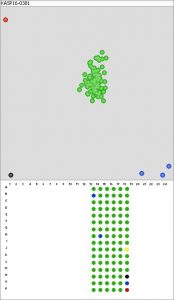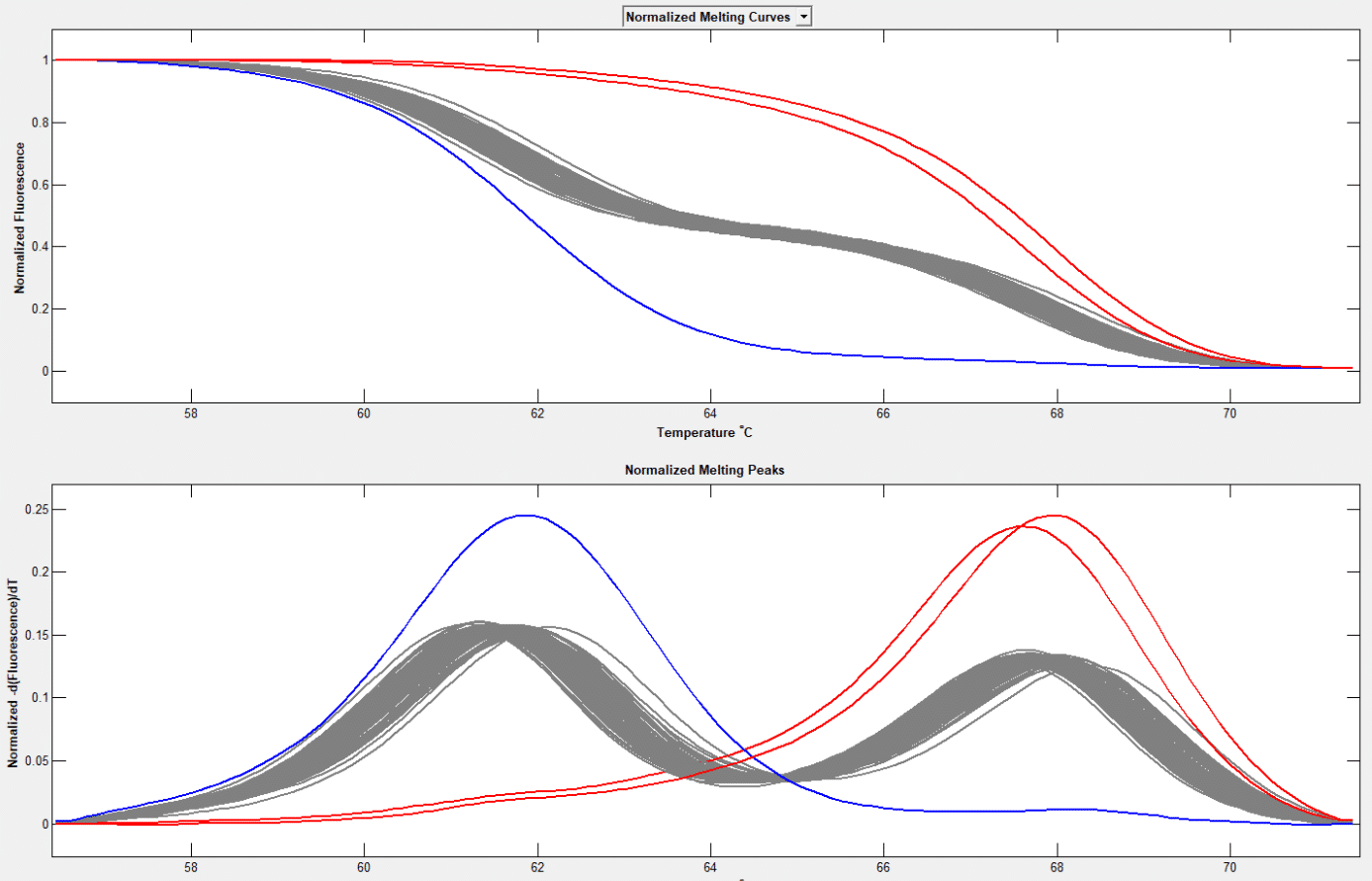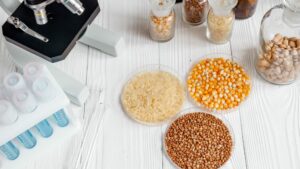Genotyping plays an important role in maker assisted plant breeding, but there are different methodologies at work to deliver the varieties coming soon to a field near you.
Unlocking the power of genotyping has been touted as transforming the future of agriculture. The ability to unlock and map the genetics of plants has and will continue to advance productivity and offer solutions to the mounting challenges of feeding the global population.
Using this modern technology has allowed breeders and researchers to identify the genetic markers linked to desirable traits, informing cultivation and breeding decisions. There are multiple methods of how one can discover this information, and California Seed and Plant (CSP) Labs based in Pleasant Grove, Cali. are one such lab offering genotyping services.

“Genotyping is done by a lot of labs,” says Sukhi Pannu, director, of Business and Research Development at CSP Labs. “When you are looking for a testing partner it is important to consider the method of genotyping the lab is using. The two main genotyping methods in the marketplace offered are Kompetitive Allele Specific PCR (KASP) and High Resolution Melt (HRM).”
Both genotyping methods deliver excellent results but when you need to screen a high volume of samples or timelines are tighter there can be both cost and speed advantages to use the HRM method.
“Seed companies see value in genotyping as it allows for fast and efficient marker-assisted breeding, which greatly increases the speed and decreases the cost of developing new plant varieties,” states Hilary Cartwright, genotyping lab manager with CSP Labs. “Furthermore, since both seeds and tissue samples can be genotyped, this procedure can be done at any stage of the plant’s life cycle.”
“At CSP Labs we’ve specialized in HRM genotyping,” Cartwright explains. “We have developed a database of HRM-compatible single nucleotide polymorphism (SNP) markers for a large number of vegetable crop species, and have the capability of converting most SNPs from other sources to HRM markers quickly and efficiently. In addition to this we have invested in specialized equipment for HRM and high-throughput polymerase chain reactions (PCR).”

CSP Labs invests heavily in keeping up to date with the latest testing procedures and protocols. As members of several international seed testing associations and committees they are actively developing new testing for seed breeding applications and seed health applications.
“We have trained a number of our employees in HRM PCR, allowing us to process a high volume of samples quickly and efficiently,” says Cartwright. “I joined the company over three years ago. Since then, we have been constantly increasing the number and precision of testing, and our company has grown along with it.”
Beyond price and speed, CSP Labs sees other advantages to HRM testing for seed companies.
“When you compare the methods, HRM is far more robust and less prone to PCR inhibition than KASP, resulting in fewer miscalled alleles and increased accuracy of results,” explains Cartwright. “Additionally, HRM markers can be custom-designed and developed in-company, allowing for custom modifications as requested or required.”
“CSP Labs is focused on working with our customers to help provide data in the most efficient format and with a speedy delivery,” says Pannu. “Our HRM results can be sent to the client in a wide variety of formats, allowing the client to analyze the data without requiring expensive proprietary software.”
“We take pride in providing the best customer service possible at CSP Labs, with premium phone and online support,” says Pannu. “It is an exciting time to be part of the seed industry and we look forward to being part of this growth.”











